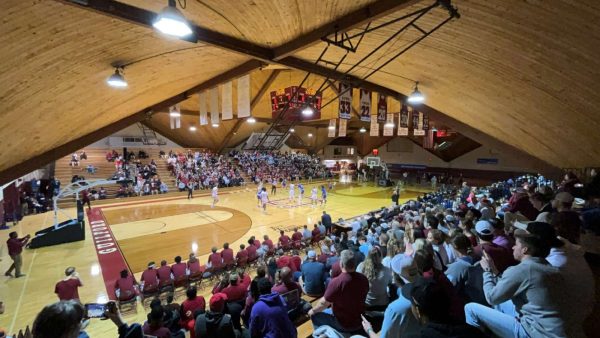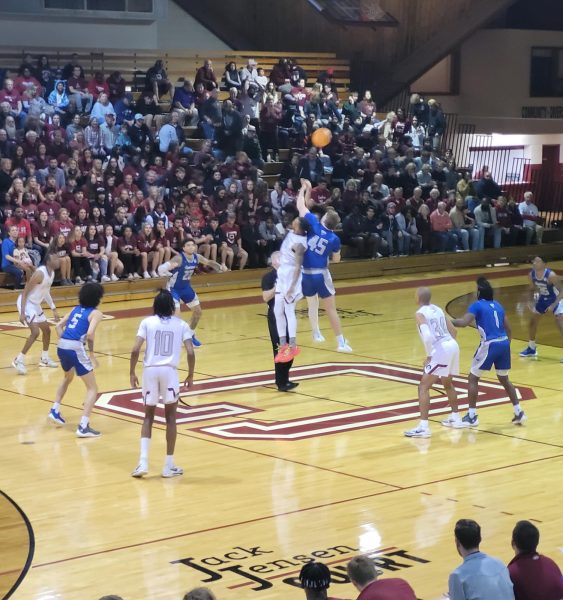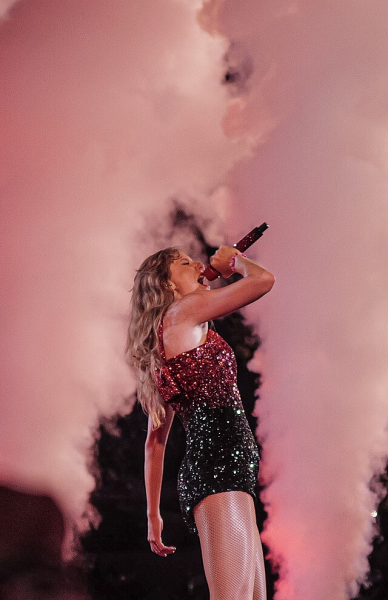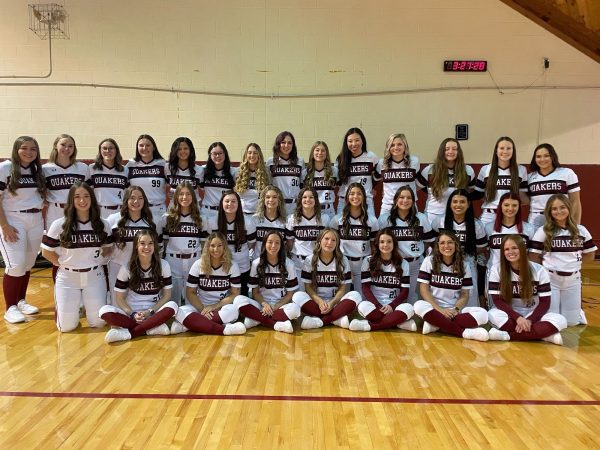Betting on sports sparks controversy
In May 2018, the U.S. Supreme Court struck down the 1992 Professional and Amatuer Sports Protection Act (PASPA) legislation, allowing states to make moves toward the legalization of sports gambling. The act was previously backed by the NCAA, NFL and NBA until 2018 when it was deemed unconstitutional due to how it forced individual states to prohibit sports betting.
As of February 2019, eight states have legalized sports betting and over a dozen have introduced legislation to do the same. One state which has not yet produced similar legislation is North Carolina, but plans to legalize the industry could surface in the near future. Having three professional sports teams, it may be in the interests of lawmakers to legalize sports wagering, as it could introduce more money into the sports economy.
In the states where betting is legal, it is only allowed in casinos and regulated locations. However, betting apps and websites like DraftKings, William Hill and FanDuel have made it easier to place bets.
This new wave of legalizing sports betting could have pergaps the biggest impact on college sports. Previously under PASPA, the only place where bets could be placed was in Nevada, limiting the influence of betting on NCAA games. In 2018, after the act was struck down, the NCAA decided to once again allow championship events to take place in states where sports betting was legalized.
Since PASPA was revoked, the NCAA has announced their concerns about the impact that the legalization of sports betting will have on college athletics, but the organization has also showed some interest in the matter, declaring their examination of the long term impact.
“While we certainly respect the Supreme Court’s decision, our position on sports wagering remains,” said NCAA Chief Legal Officer Donald Remy. “With this new landscape, we must evolve and expand our long-standing efforts to protect both the integrity of competitions and the well-being of student-athletes.”
On Jan. 19, NCAA president Mark Emmert spoke about sports betting and college sports.
“Sports wagering is going to have a dramatic impact on everything we do in college sports,” Emmert said. “It’s going to threaten the integrity of college sports in many ways unless we are willing to act boldly and strongly.”
Emmert’s statement comes just a couple months away from one of the largest college sporting and betting events, March Madness, the NCAA Division I men’s basketball tournament. As the first time that a March Madness wager will be placed outside of Nevada after PASPA, there is some possibility of an outside influence from gambling.
Although it is illegal for student-athletes, coaches and officials to place bets on NCAA games or tournaments, that does not mean that these individuals always comply to the laws set by the organization. Point shaving, match-fixing and general tampering are all possibilities and definite concerns of the NCAA. For example, in 1998, former Northwestern University players Kenneth Dion Lee and Dewey Williams were charged with fixing three games in the 1994-95 season.
Overall, the legalization of wagering on college sports will not change the number of bets placed. What it will change is the number of bets placed legally, although the number of illegal bets will continue to vastly outnumber the number of legal bets. According to the American Gaming Association, Americans are estimated to have bet six billion dollars on Super Bowl 53, but only about $350 million of that will be placed legally. The Nevada Gaming Board reported $145.9 million in wagers on the Super Bowl in the state.
The current trend suggests that the NCAA will continue to discourage betting on college sports, especially on the behalf on student athletes. Studies conducted by the organization suggest that gambling has a greatly negative impact on the physical and mental well-beings of student-athletes.
“Excessive, problematic or pathological gambling has been repeatedly shown to result in consequences that can include deviant anti-social behaviors, decreased academic performance, impaired athletics performance, and criminal and legal problems,” says the NCAA website.
Unlike organizations like the NFL, MLB and NBA who have approved of the introduction of legal sports betting, the NCAA has yet to do so.
While betting on pro sports will continue to expand, wagering on college sports seems like it will be stalled until the NCAA addresses the situation.








